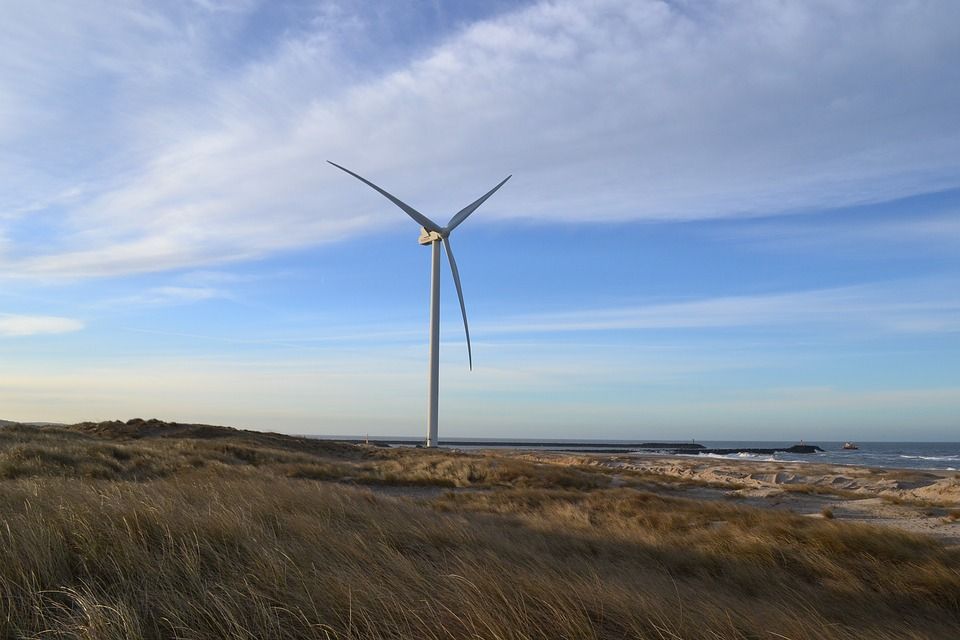IWA sets out new plan for Wales to run on 100% renewable energy by 2035
The Institute of Welsh Affairs (IWA) has released the report in hopes that the country can reach their renewable energy target.

The Institute of Welsh Affairs (IWA) has released the report in hopes that the country can reach their renewable energy target.
The report, three years in the making, builds on evidence from the 10 previous reports published by the IWA. It sets out a ’10 point plan’ which details the urgent and essential actions for Wales to reach 100% renewable energy by 2035.
The first point is ‘Fund the Future’, this includes an immediate 12-18 month low carbon economic stimulus which accelerates action on renewable energy and energy efficiency. The report also includes plans to decarbonise the transport industry and harness the potential for bioenergy.
The report says that by switching to 100 per cent renewable energy by 2035, Wales could create 20,150 jobs annually. This change would create £7.4 billion in total Welsh gross value added and improve the country’s ability to meet its climate targets.
On a blog post, Shea Buckland-Jones, Re-energising Co-ordinator of the IWA, said that the new plan is “radical and requires shared public and political ambition”. He also highlights the urgency of these actions, saying “the time to tackle climate change is quickly running out”.
This follows a report which found that the immediate phase-out of fossil fuels is crucial to meet future climate targets set at the Paris Agreement.
Marine Energy Wales, who will be holding a conference in April where the IWA will discuss their plan, has welcomed the new report.
David Jones, Project Director at Marine Energy Wales, said: “It is positive to see marine energy playing a key role in this comprehensive study and we look forward to working with stakeholders in delivering the ambitions. A transition to a low carbon economy has never been so critical and our oceans will need to play a significant role if we are to mitigate climate change and the impacts upon the future generations.”
Read the full report here.



